

Nepal’s forests are disappearing at an alarming rate. According to recent data from Global Forest Watch, the country has lost approximately 0.0786% of its natural forest between 2020 and 2024 to illegal logging, agricultural expansion, and infrastructure development (Global Forest Watch, 2025).
The consequences of this are severe. Landslides have become more frequent in hill regions, wildlife habitats are shrinking and air quality in many areas continues to decline. In Chitwan alone, buffer zones that once served as critical wildlife corridors have faced increasing pressure from human activity.
This environmental degradation poses a dual threat. Not only does it endanger ecosystems, but it also risks the long-term sustainability of Nepal’s adventure tourism industry, which is a sector built on the promise of pristine landscapes and unique biodiversity.
At Trek Me Nepal, we believe sustainability must be actionable, measurable and incorporated into the core of tourism. Inspired by global best practices in ESG (Environmental, Social, and Governance) leadership, like those of aviation pioneers such as JAL Group (JAL Group, 2025), we launched ‘One Guest One Tree’ to ensure every traveler’s journey actively heals Nepal’s ecosystems.
Unlike vague ‘eco-friendly’ claims, our initiative ties each booking to a transparent, long-term impact: one tree planted, nurtured, and tracked.
The concept is straightforward. For every traveler who books a trip with us, we plant a tree in collaboration with local communities. Trees are planted in deforested or vulnerable areas, with funds allocated for their survival. Species are selected based on ecological need, such as Shami trees for erosion control in Chitwan or wild cherry to support pollinators.
The initiative also addresses a gap in sustainable tourism. Many companies promise “eco-friendly” experiences, but few provide transparent, measurable actions tied directly to guest participation.
One Guest One Tree ensures that each traveler’s footprint is countered by a tangible contribution: a tree maintained for at least one year, with progress tracked.
Most recently, in May 28, 2025, Trek Me Nepal, joined a group of Australian travelers in Chitwan’s Baghmara Buffer Zone Community Forest, to plant over a hundred trees for our annual reforestation commitment.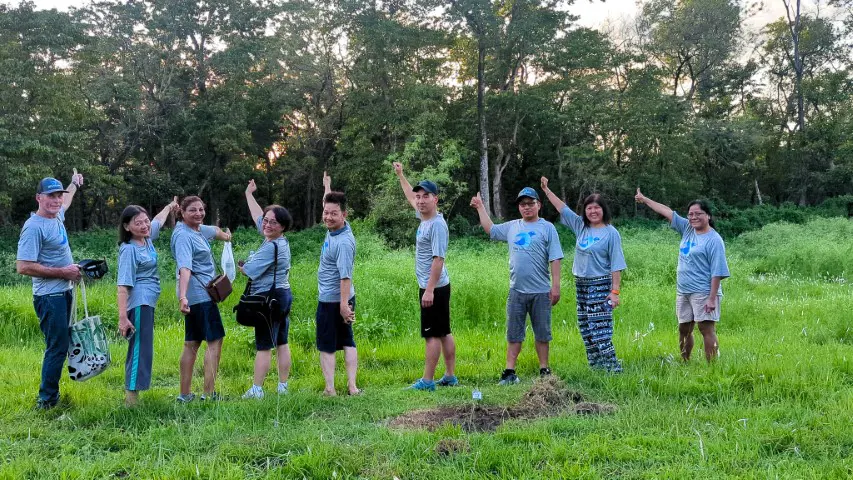
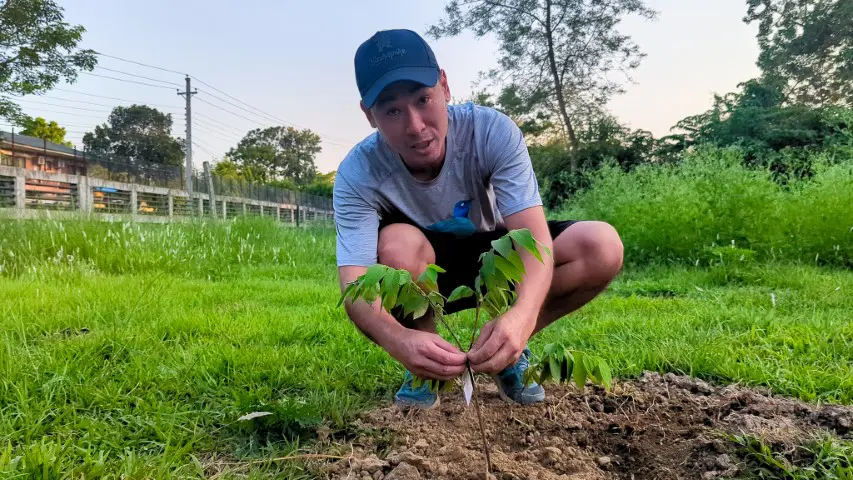
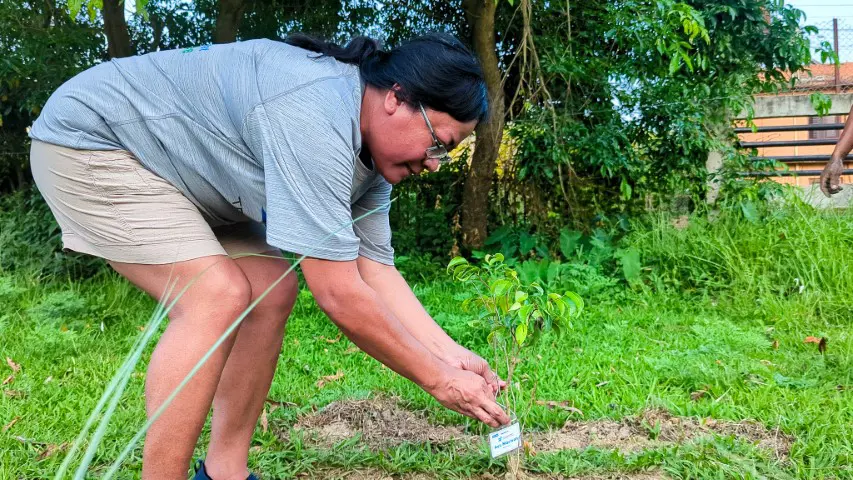
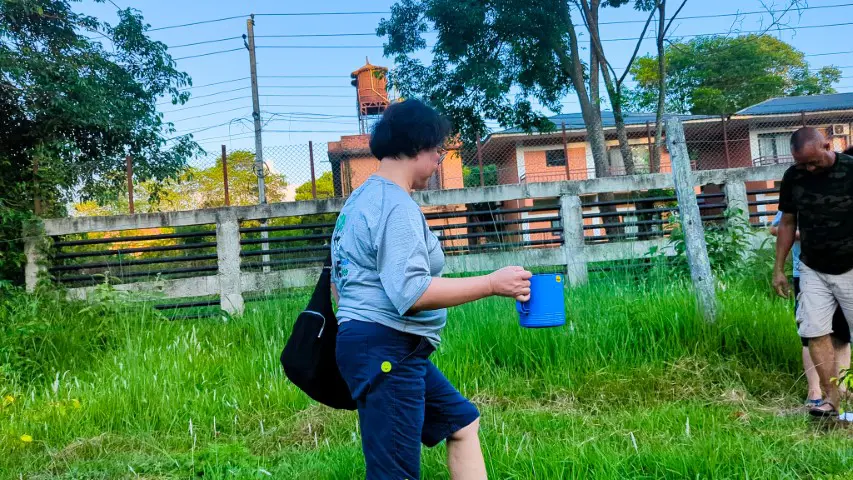
How the ‘One Guest One Tree Initiative’ Works
For every guest who books a package with Trek Me Nepal, we plant one tree in Nepal's vulnerable ecosystems. We have been doing this every year and select different locations across Nepal each year.
The process begins when you book your trip. There's no extra cost or complicated steps, planting one tree per guest is simply part of our standard commitment.
The May 2025 event in Baghmara Buffer Zone Community Forest was our most recent. We choose tree species that actually thrive in each specific area.
The planting is handled by our experienced staff who have been leading these efforts for years. This year a group of our guests from Australia also accompanied us during the event.
After planting, we ensure the trees survive by providing funds to local communities for one full year of care. This covers essentials like watering, fertilizer, and protection. Our team checks on the trees during regular visits to each area.
Guests who want to know more about their tree can ask us. We are happy to share details about where and when it was planted. It’s all part of our long-term commitment to balancing tourism with environmental responsibility in Nepal.
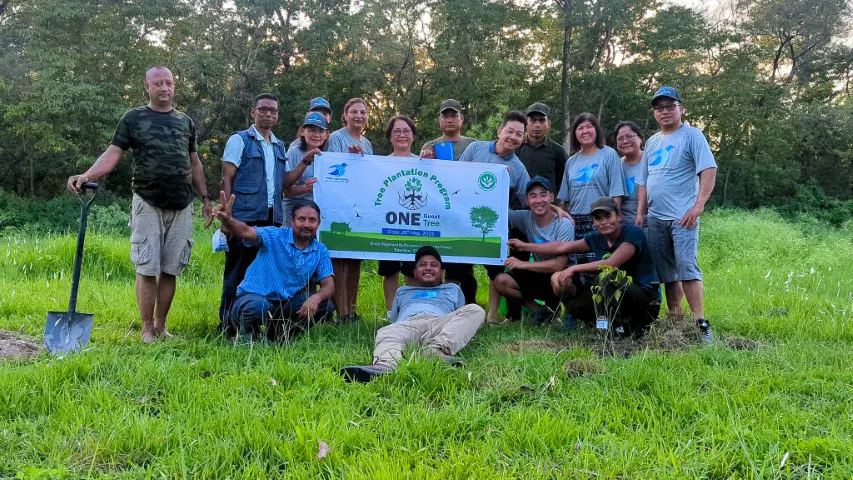
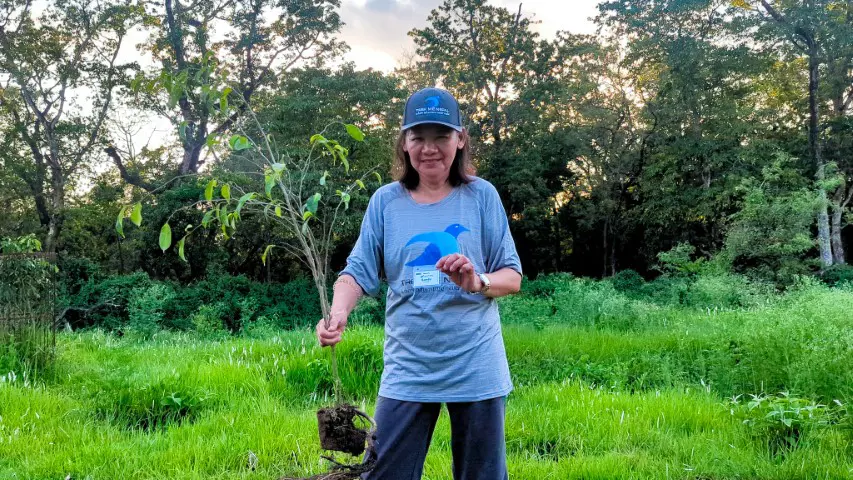
Nepal’s forests are shrinking due to farming, firewood collection, and development. Deforestation leads to soil erosion, habitat loss, and landslides. Our tree planting combats this, restoring balance over time.
We partner with local communities, providing jobs for tree care. The income supports villagers, while future trees offer fruit, shade, and cleaner air.
For travelers, planting a tree is a meaningful way to give back. It’s a lasting memory of their journey and a step toward sustainable tourism.
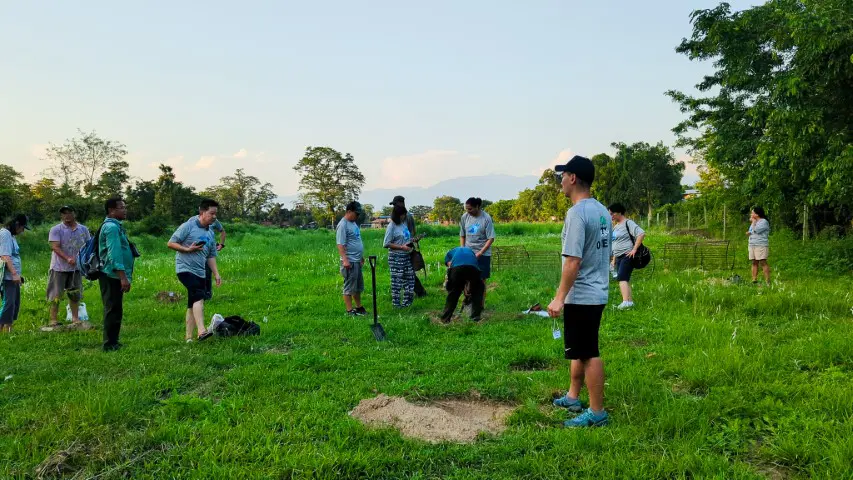
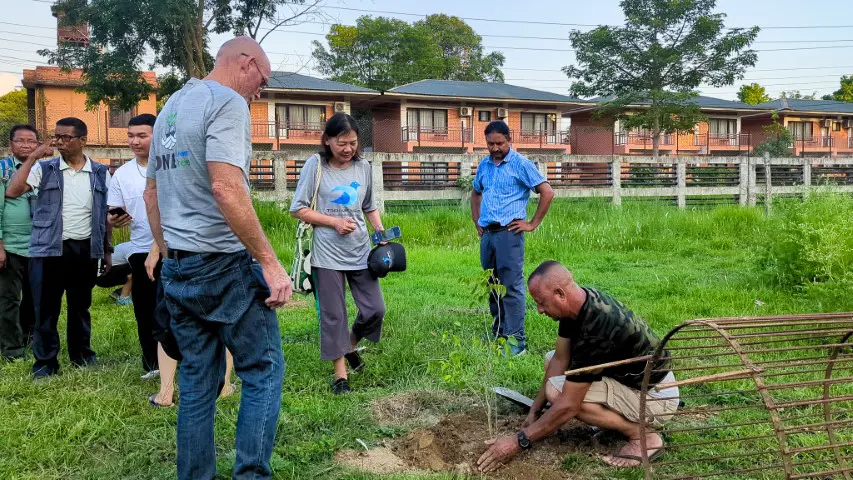
Our initiative supports the UN’s SDGs:
a) SDG 13 (Climate Action): Trees absorb CO₂. Over 100 trees in Baghmara offset emissions from over 10 international flights annually.
b) SDG 15 (Life on Land): Restoring habitats in Chitwan protects endangered species like tigers and rhinos.
c) SDG 11 (Sustainable Communities): Trees reduce flood risks in monsoon-prone areas.
d) SDG 12 (Responsible Consumption): Each booking plants a tree, making tourism a force for good.
CSR Archives
Check out recent initiatives to improve livelihood in Nepal
More Reasons Why Travellers Trust Us